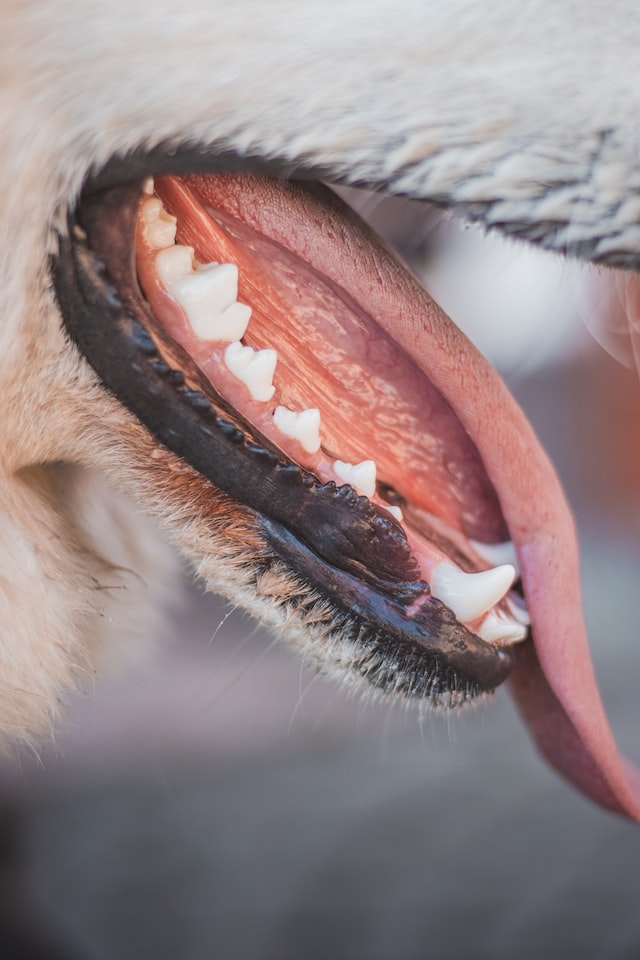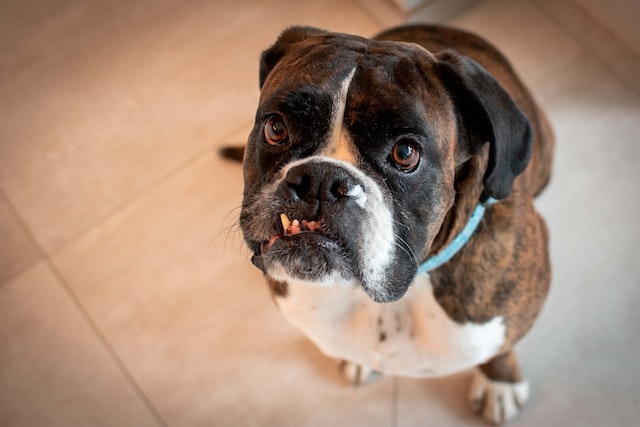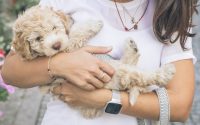Dealing with Mouth and Tooth Problems in a Dog
One of the most difficult things about being a dog owner is that they aren’t able to tell you when something is wrong. This can be a problem, especially if what they are going through is painful and needs attention. If you’ve ever had a toothache then you can be sympathetic with your dog if they are having problems with their mouths as well. Today we are going to discuss three things that could be wrong with your dog’s mouth, how to recognize them and what to do about them.

Excessive Drooling
There are a lot of different things that can cause a dog to drool excessively. It could by a cyst on the salivary gland, some sort of periodontal disease, an injury to the tongue or mouth lining, or perhaps just something lodged in their mouth, perhaps between their teeth. If it is cysts they should look like blisters under the tongue, periodontal disease can destroy their teeth by harming the “cement” that keeps them in place, mouth wounds can happen just like us biting the insides of our mouths or they can come from fighting with other dogs.
If you notice that your dog is drooling excessively you should seek the advice of a trained veterinarian. Cysts on the salivary glands need to be drained, or perhaps even removed. Periodontal disease should be treated and, in the worst case, your dog’s teeth may need to be removed if the disease is advanced. Of course that is not always the case. If a mouth injury is causing your dog to drool they you may need to switch his food to a softer variety until the injury heals so he doesn’t continue to injure himself over and over.

Misaligned Bite
Just like humans, dogs can have an under bite or an overbite. They are called undershot jaws and overshot jaws in a dog. You can generally tell if this is the case with you dog by looking at his mouth. When a dog has his mouth shut his upper and lower teeth should mesh perfectly. There are some breeds that have an undershot or overshot jaw by nature. The Pekingese has an undershot jaw while breeds such as the Doberman tend to have an overshot jaw.
If your dog has an undershot or an overshot jaw typically it is not a cause for alarm unless it is making your dog uncomfortable. If treatment is needed then it is generally corrected by fitting a removable tool over the upper front teeth and palate to help ease the dog’s teeth into a more comfortable position.

